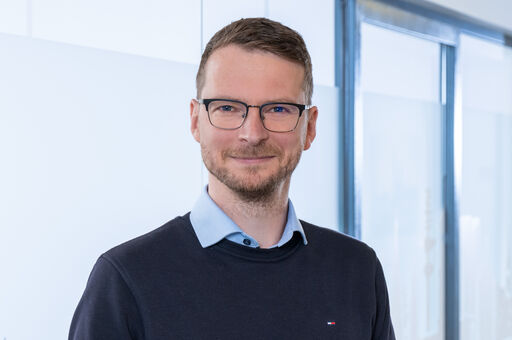(Hamburg) The VERE Association for the take-back and recycling of waste electrical and electronic equipment (VERE e.V. registered association) informs its members on the latest developments regarding the amended Electrical and Electronic Equipment Act („ElektroG2“). The VERE Association does not expect these changes to occur before mid of next year. The ministerial draft which is currently undergoing the interdepartmental coordination includes, as expected, only a few changes of the details according to the information of involved circles, and are briefly summarised below:
Expected approval before the summer break 2015
According to the deputy director-general of the section “waste management”, Mr. Dr. Thomas Rummler, of the German Federal Ministry for the Environment, Nature Conservation, Building and Nuclear Safety (BMUB) the vote of the department regarding the ministerial draft of the Electrical and Electronic Equipment Act (ElektroG) could be concluded in September.
The notification of the legislation at the European Commission in Brussels shall be performed until December. The German federal cabinet shall deal with the Electrical and Electronic Equipment Act (ElektroG) in January, the German Federal Parliament (Deutscher Bundestag) will be dealing with it in spring of the next year so that it can get adopted before the summer break 2015.
Take-back obligation of the commerce
The German Federal Ministry for the Environment, Nature Conservation, Building and Nuclear Safety (BMUB) continues adhering to the take-back obligation of the commerce since the extension of the collection network would be necessary to achieve higher collection targets.
LED lamps and gas discharge lamps in one collection group
LED lamps and gas discharge lamps shall again be gathered in the collection group 4 in the future, contrary to the currently used practice and in spite of the clearly voiced criticism of the VERE Association with regards to this intention.
Therefore, VERE fears the disadvantage of the manufacturers of an eco-friendly technology, who are responsible for the disposal of gas discharge lamps containing hazardous substances.
VERE will campaign furthermore for a strict separation when collecting LEDs and gas discharge lamps in the sense of its members against the apparent interests of the lamp lobby.
Opting of municipalities – “Reduced intensification”
The new ministerial draft provides minimum terms of the opting period of the municipalities of only two instead of the originally planned three years.
Also the notifications of the municipalities in the self-marketing of the devices are not requested immediately upon delivering the devices to the first processing recycling plant, but shall now be reduced to the monthly obligation of notification for the communities.
The engagement in the opting to the calendar year as well as the extension of the notification period to six months is being maintained.
Dangerous Goods Regulations (ADR) versus collection structures
According to Mr. Dr. Rummler, it has not been planned to adapt the Electrical and Electronic Equipment Act (ElektroG) to the Dangerous Goods Regulations (ADR) which would render the take-back of small electrical and electronic devices almost impossible from the point of view of the VERE Association and thus counteract the targets of the WEEE directive – as VERE already reported in March.
From the point of view of the German Federal Ministry for the Environment, Nature Conservation, Building and Nuclear Safety (BMUB) the municipal collection structures and in particular the collection via depot containers are not questioned by the Dangerous Goods Regulations, since the withdrawal of the lithium-ion batteries and accumulators at the municipal collection point would rather increase the dangers than reducing them.
The “VERE Association for the take-back and recycling of waste electrical and electronic equipment” prioritises among the conflicting legislations clearly towards the WEEE targets. The proposal of shifting the dangers to the basements or attics of the consumers is being declined by VERE.
About take-e-way
- Founded in 2004 in Hamburg/Germany
- Currently 31 employees
- Managers: Jochen Stepp, Oliver Friedrichs
Business fields: The take-e-way GmbH assumes the implementation of bureaucratic and operative requirements and obligations of manufacturers, importers, wholesalers, retailers and distributors of electrical and electronic devices in Germany and abroad in the field of product responsibility according to the law (Electrical and Electronic Equipment Act, WEEE, Battery Act, Packaging Ordinance, etc.).
VERE e.V.: The VERE Association for the take-back and recycling of waste electrical and electronic equipment (VERE e.V. registered association) founded in 2003 is the organization having the largest number of members among providers, manufacturers, trade associations and individuals regarding the implementation of the Electrical and Electronic Equipment Act (ElektroG/WEEE) in Germany. VERE is the founding organization of take-e-way and also represents the interests of more than 3,000 companies at political level.
Press Contact
take-e-way GmbH
Christoph Brellinger
Corporate Communications
Liebigstraße 64
22113 Hamburg
Germany
Phone: +49 (0)40/750687-111
Fax: +49 (0)40/750687-101
http://www.take-e-way.com
presse[at]take-e-way.de
